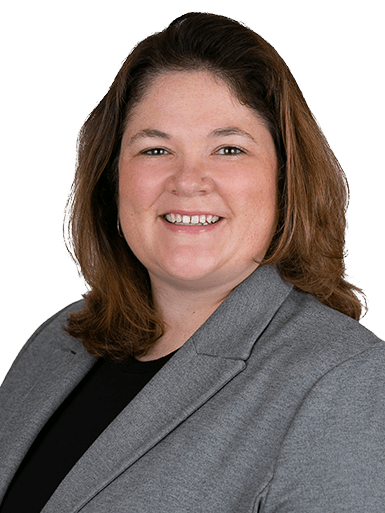New SBA Guidance Requires PPP Funding Recipients to Consider Returning the Funds by May 18
Update May 14th, 2020
The initial allocation of $349 billion in Paycheck Protection Program (PPP) funds, made available on April 3rd, 2020, were disbursed to 1.6 million applicants in just 14 days. As part of the loan process, borrowers were required to make a good faith certification “that the uncertainty of the current economic conditions makes necessary the loan request to support the ongoing operations of the eligible recipient.” With Congress’s approval of more than $300 billion in new funding for the small-business loan program, the Small Business Administration (SBA) has issued new guidance on April 23rd, 2020 requiring that companies re-assess their economic need for the PPP loan.
The new SBA guidance specifically addresses the good faith certification stating “Borrowers must make this certification in good faith, taking into account their current business activity and their ability to access other sources of liquidity sufficient to support their ongoing operations in a manner that is not significantly detrimental to the business”. The guidance goes on to state “Any borrower that applied for a PPP loan prior to the issuance of this guidance and repays the loan in full by May 18, 2020 will be deemed by SBA to have made the required certification in good faith.” This date was extended from May 7th by the SBA in an FAQs document released on May 13th, 2020.
“Any borrower that applied for a PPP loan prior to the issuance of this guidance and repays the loan in full by May 18, 2020 will be deemed by SBA to have made the required certification in good faith.”
Many organizations applied for the PPP loan with significant uncertainty about the future of their business and with minimal available guidance from the SBA on eligibility requirements. One month later, organizations awarded a PPP loan are asked to evaluate eligibility criteria for the PPP loan as well as their current facts and circumstances, including current business operations, available or increased funding by other federal and state programs, deferrals of tax payments, and updates on the unemployment program.
Now is the time to re-evaluate your economic need:
- Have your circumstances changed enough to make the PPP loan no longer economically necessary?
- Have new or unexpected funding sources been realized?
- Has the clarification issued by the SBA caused you to question your eligibility for the loan?
AAFCPAs advises clients to document their rationale for the PPP loan application based upon facts and circumstances at the time of the application as well as your discovery of subsequent information in line with the most recent guidance.
If your PPP loan may no longer be economically necessary, what are the next steps?
- Discuss your determination with your AAFCPAs Partner and lawyer.
- Consult with your bank to determine the method through which funds may be returned by May 7th and understand any potential fees associated with the return of funds.
- Review other options under the CARES Act which may provide cash flow relief.
If your organization determined the PPP loan remains the right fit given your unique economic facts and circumstances, we encourage you to review our blog on PPP Loans: Tracking Costs and Measuring Forgiveness. >> In this blog, AAFCPAs provided guidance and a PPP Loan Costs Tracking Template to ensure clients who secured a PPP loan or are currently pursuing the loan are maximizing their opportunity for debt forgiveness.
PPP loans may be subject to audit
On April 28th, Secretary Munchin indicated that any PPP loan over $2 million may need to be audited prior to any forgiveness determination. The details of such an audit are still unknown, and no official announcement has been made. AAFCPAs will keep you informed as details emerge.
How may AAFCPAs help?
AAFCPAs understands how complicated this constantly changing environment is. We formed a COVID-19/CARES Act Task Force dedicated to studying and advising clients on the business implications of new legislation and the changing business dynamics caused by the Coronavirus.
If you have any questions or need assistance, please contact Courtney McFarland, CPA, MSA at 774.512.4051, cmcfarland@nullaafcpa.com; or your AAFCPAs Partner.

